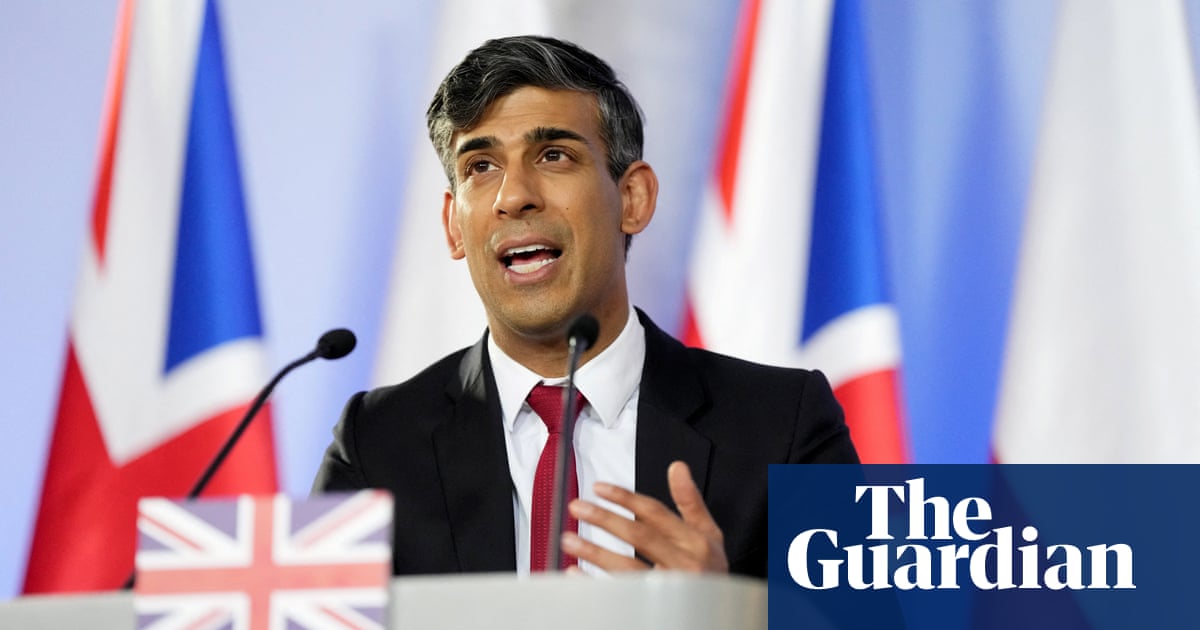
e now know that the Queen’s courtiers banned “coloured immigrants or foreigners” serving in clerical roles until at least the late 1960s, and that her household took great pains to be exempt from anti-discrimination legislation. There must have been concerns that the lack of black faces in the palace could be turned into legal action. Even devotees of royalty raised voices suggesting, albeit very gently, that this situation should change. One of the most flattering of the Queen’s biographers, Elizabeth Longford, commented in 1983 that “people are still hoping that a post might be found for someone from her black Commonwealth, high up on her permanent staff”.
In fact, another fairly uncritical writer about the monarchy noted in the 1980s that the practice was to appoint, on a two-year stint, an assistant press officer to the Queen, rotating the job between someone from Canada, New Zealand and Australia – that is, countries from the predominantly white Commonwealth. That author, Douglas Keay, wrote that there had been a move backed by Prince Charles to find “another black person to take up the position, but in the end it came to nothing”. Longford noted there had been a Nigerian equerry at court for a few weeks prior to her visit there in 1956, and a Ghanian press officer appointed ahead of her visit to Ghana in 1959, but after that nothing at a senior level.
Of course, the Queen’s household was not the only employer that discriminated, but commercial companies and government bodies did not have the means to protect themselves against the Race Relations and Sex Discrimination acts. Nonetheless there was another protection that the Queen relied on: the British mass media. In 1992, I published a book that included a section looking at the Queen escaping the oversight of these acts. Also a well-researched documentary, produced by Thames TV, examined this area. They had practically nil response in the rest of the media. Race discrimination was not an issue that troubled media outlets unduly. Whereas the rest of my book, which dealt with the Queen escaping tax on her private fortune, and the cost of the monarchy to the taxpayer, received very extensive media coverage, even among Conservative-supporting newspapers.
Those who have defended the monarchy have insisted the Queen is fervently attached to the Commonwealth. How can one explain the contradiction between such an attachment and a determined reluctance to employ people from the black and Asian Commonwealth, or their descendants who live in the UK? It is really that the Commonwealth, consisting of more than 50 ex-colonies, was a convenient way of wrapping up the British empire, of which the monarch was titular head, with the least ideological damage.
Government and monarchy alike could point to the newly independent countries in the 60s and say the empire could not have been all bad because formerly colonised peoples still wished to maintain friendly relations with the UK. This played an important role in offering a gentler image of the violence involved in maintaining the empire until it could no longer be maintained, despite the violent repression used against independence movements in Malaya, Kenya, Yemen and elsewhere. The Commonwealth did not nor could not bury that past, but it could offer a more pleasing image, making out that the empire led to something surprisingly positive despite its “mistakes” of the past. The Commonwealth was never about the monarchy forging a close relationship with formerly colonised people, or for that matter those who came to the UK from such ex-colonies and their descendants.
The former colonies also had other reasons for being in the Commonwealth – economic aid, hopes for inward investment and not annoying a country that was still then relatively powerful. An invitation to join the Commonwealth would have been difficult to refuse.
Very much part of the imperial past was Queen Victoria, the Queen’s great-great grandmother. She appointed an important Indian courtier at the end of the 19th century. Abdul Karim, known as the Munshi, achieved considerable influence with Victoria. This appointment owed much to her romantic notion about her Indian subjects being supposedly devoted to her. His privileged position, close to the queen, often led to conflicts between him and the titled ladies and gentlemen of the household. The accusations against him of being an intriguer may be correct, though so was Victoria’s accusation against her court of “race prejudice”. And one can go further back and find that in the 18th century, George I’s personal secretary was Turkish. However misguided Victoria was about her Indian subjects, it is a long way from lobbying for exemptions against discrimination legislation.
Fifty years ago, a former senior Labour minister suggested a Department of the Crown be formed to run the monarchy. There was even a measure of support on the Conservative benches, and the Daily Express supported it. That would have meant the household, except her most personal staff, coming under the civil service, and a more open policy of recruiting staff. However, the Queen’s Lord Chamberlain, Lord Cobbold, told a Commons select committee he felt that “the dignity of the monarchy” required that “the Queen is controlling her own Household”. The revelations about the palace’s employment practices shows where that dignity led. By 2000 there were signs of small changes. There was the employment of one young Asian woman in the research and coordination department at the palace on a 12-month secondment, followed by another Asian woman on the same basis. But, all in all, it is not an edifying history. Surely it is now more than time that the monarchy ended its exemptions from anti-discrimination legislation.
Phillip Hall is author of Royal Fortune: Tax, Money and the Monarchy












